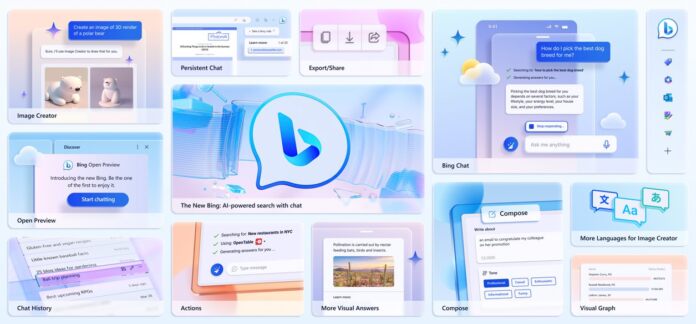Microsoft has made the decision to temporarily remove the Bing Deep Search feature from its public flighting program to address some underlying issues. Bing Deep Search, an enhancement to the standard search capabilities of Bing, merges the comprehensive search functionalities of Bing with the advanced artificial intelligence of OpenAI's GPT-4 model. This feature, designed to deliver more detailed internet search results, operates differently from instantaneous search results by taking up to 30 seconds to generate answers.
Popularity Exceeds Expectations
Contrary to Microsoft's expectations of the feature being utilized as more of a research tool, Bing Deep Search garnered significant attention from its limited user base. According to Mikhail Parakhin, the recently appointed leader of Microsoft's Windows and Web Experiences team, the feature's popularity necessitated a reevaluation of its robustness and caching solutions. Parakhin revealed that, due to its unexpected popularity, the team behind Bing Deep Search is now focused on making the necessary improvements to accommodate the high volume of users effectively.
It turned out to be more popular than we anticipated (we really though it is more of a research tool), need to fix caching and make more robust. Coming back soon. Running now as a "shadow flight" – you don't see it, but the queries are issued, to stress the infrastructure.
— Mikhail Parakhin (@MParakhin) February 7, 2024
Ongoing “Shadow Flight” Testing
Despite the temporary removal from public access, Bing Deep Search is currently undergoing a “shadow flight” test phase. In this phase, user queries are still being processed by the infrastructure albeit without visible access to users, allowing Microsoft to stress-test and enhance the system background. This process aims to ensure that upon its return, Bing Deep Search can provide a seamless and robust experience reflective of Microsoft's commitment to innovative search solutions.
The anticipation around Bing Deep Search's return is high, with users and industry watchers eager to see how Microsoft will address the issues caused by the feature's popularity. This development underscores the increasing demand for AI-enhanced search tools that provide deeper, more nuanced search results and the technological challenges associated with meeting these user expectations at scale. Microsoft has yet to announce a specific timeline for when Bing Deep Search will be accessible to a broader audience, but the company's proactive approach to refining the service bodes well for its future.






